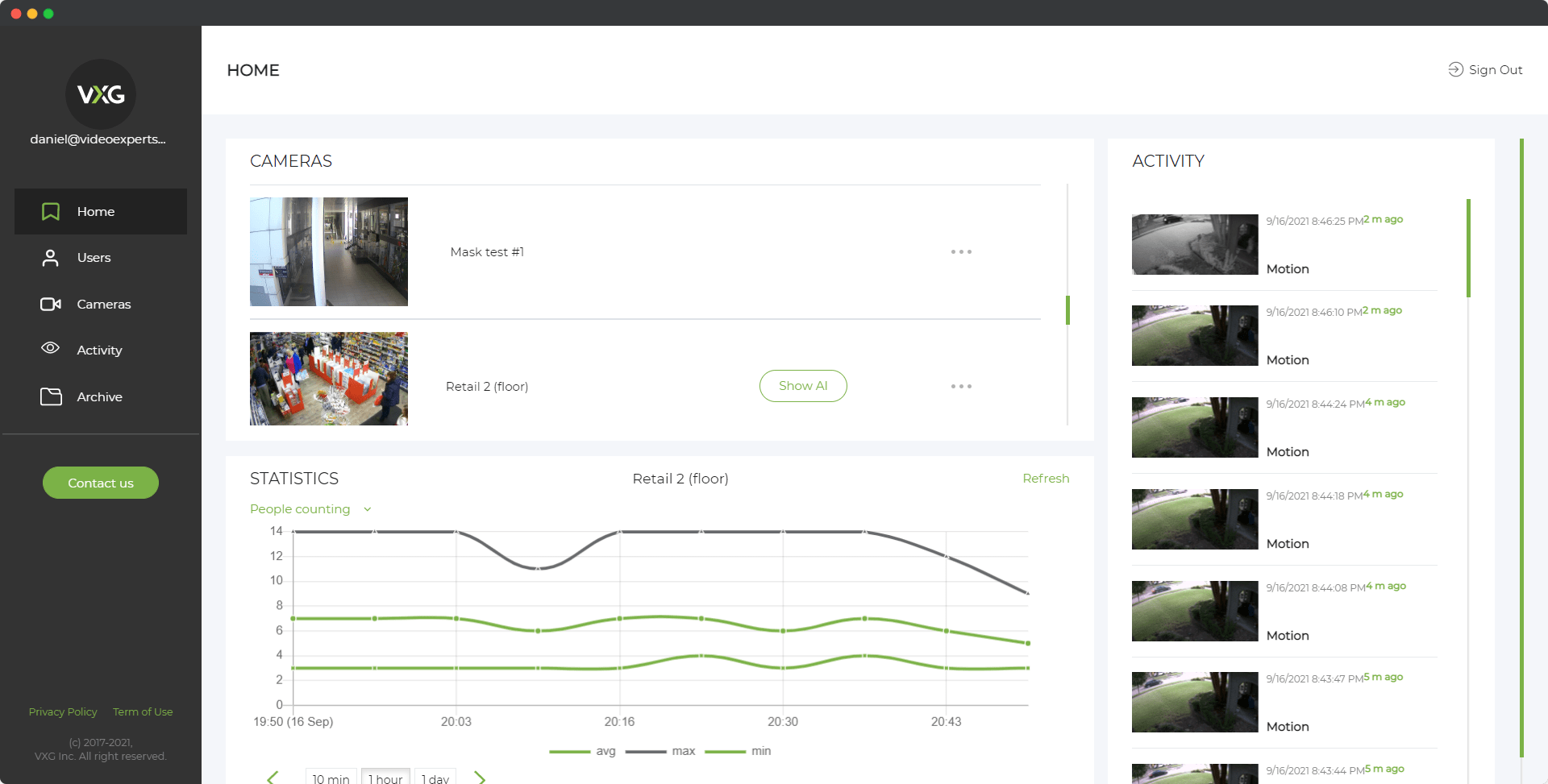In today's digital age, where healthcare information is increasingly stored and transmitted electronically, protecting patient privacy has never been more critical. The Health Insurance Portability and Accountability Act (HIPAA) sets the standard for safeguarding sensitive patient information. For healthcare organizations and their business associates, being HIPAA compliant isn't just a regulatory obligation — it's a critical aspect of patient trust and data security. But what does it mean to be "HIPAA compliant," especially in the context of modern cloud storage solutions? This article will explore the concept of HIPAA compliance, focusing on its implications for cloud storage.
What is HIPAA Compliant?
HIPAA compliance refers to adherence to the standards and regulations set forth by HIPAA, a U.S. law enacted in 1996 to protect the confidentiality and security of healthcare information. The law primarily affects "covered entities," which include healthcare providers, health plans, and healthcare clearinghouses. It also applies to "business associates," which are organizations that handle protected health information (PHI) on behalf of covered entities.
To be HIPAA compliant means that an organization or service meets the requirements set out in the HIPAA Privacy Rule, Security Rule, and Breach Notification Rule. These rules define how PHI must be protected, including:
- Privacy Rule: Governs the use and disclosure of PHI.
- Security Rule: Specifies the administrative, physical, and technical safeguards necessary to ensure the confidentiality, integrity, and security of electronic PHI (ePHI).
- Breach Notification Rule: Mandates that covered entities and business associates notify affected individuals, the Department of Health and Human Services (HHS), and in some cases, the media, when a breach of unsecured PHI occurs.
Achieving HIPAA compliance requires a combination of policies, procedures, and technologies designed to protect PHI from unauthorized access, disclosure, and breaches. This includes employee training, regular risk assessments, and the implementation of access controls, encryption, and audit logs.
What is HIPAA Compliance in Cloud Storage?
As healthcare organizations increasingly migrate to cloud-based solutions for data storage and management, understanding HIPAA compliance in this context is crucial. HIPAA compliance in cloud storage involves ensuring that the cloud service provider (CSP) implements the necessary security measures to protect ePHI and that the healthcare organization using the service has the appropriate safeguards in place.
Key considerations for HIPAA-compliant cloud storage include:
-
Business Associate Agreement (BAA): Before a healthcare organization can store ePHI in the cloud, it must enter into a Business Associate Agreement with the CSP. This contract ensures that the CSP will safeguard the ePHI according to HIPAA standards and outlines the responsibilities of both parties in protecting the data.
-
Data Encryption: HIPAA requires that ePHI be encrypted both at rest (when stored) and in transit (when sent over the internet). The CSP must use strong encryption methods that meet HIPAA's security standards to ensure that unauthorized individuals cannot access the data.
-
Access Controls: The CSP must implement strict access controls to ensure that only authorized personnel can access ePHI. This includes multi-factor authentication, role-based access controls, and logging of access attempts.
-
Audit Controls: HIPAA mandates that all access to ePHI must be logged and monitored. The CSP should provide audit logs and tools that allow healthcare organizations to monitor who is accessing their data and when.
-
Data Backup and Disaster Recovery: HIPAA requires that ePHI be regularly backed up and that there are plans in place for disaster recovery to prevent data loss. The CSP should offer reliable backup solutions and have a disaster recovery plan that meets HIPAA standards.
Which Cloud Storage is HIPAA Compliant?
When selecting a cloud storage provider, healthcare organizations must ensure that the provider can meet HIPAA's stringent requirements. Not all cloud storage services are created equal, and not all are suitable for storing ePHI. Below are some cloud storage providers known for offering HIPAA-compliant services:
-
Amazon Web Services (AWS): AWS offers a range of HIPAA-eligible services, including storage solutions like Amazon S3 and Amazon Glacier. AWS provides robust security features, including encryption, access controls, and audit logging, making it a popular choice for healthcare organizations.
-
Microsoft Azure: Azure provides HIPAA-compliant cloud services through its Azure Security and Compliance Blueprint. Azure offers encryption, multi-factor authentication, and audit logging, along with a BAA that ensures compliance with HIPAA requirements.
-
Google Cloud: Google Cloud offers HIPAA-compliant storage solutions, including Google Cloud Storage and Google Drive for Work. With strong encryption, access controls, and logging capabilities, Google Cloud is a viable option for storing ePHI.
-
Box: Box is a cloud content management platform that provides HIPAA-compliant storage solutions. Box offers encryption, access controls, and detailed audit logs, along with a BAA for covered entities and business associates.
-
Dropbox Business: Dropbox offers a HIPAA-compliant version of its service called Dropbox Business, which includes the necessary security features, such as encryption, access controls, and audit logs, along with a BAA.
When choosing a cloud storage provider for ePHI, it's essential to thoroughly review the provider's HIPAA compliance documentation, including their BAA, and ensure that their security features align with your organization's needs. It's also crucial to conduct regular risk assessments and audits to maintain compliance.
HIPAA compliance is a complex but essential aspect of modern healthcare, particularly as organizations increasingly rely on cloud storage solutions. By understanding what it means to be HIPAA compliant and carefully selecting a HIPAA-compliant cloud storage provider, healthcare organizations can ensure that they are protecting patient information and adhering to federal regulations.















